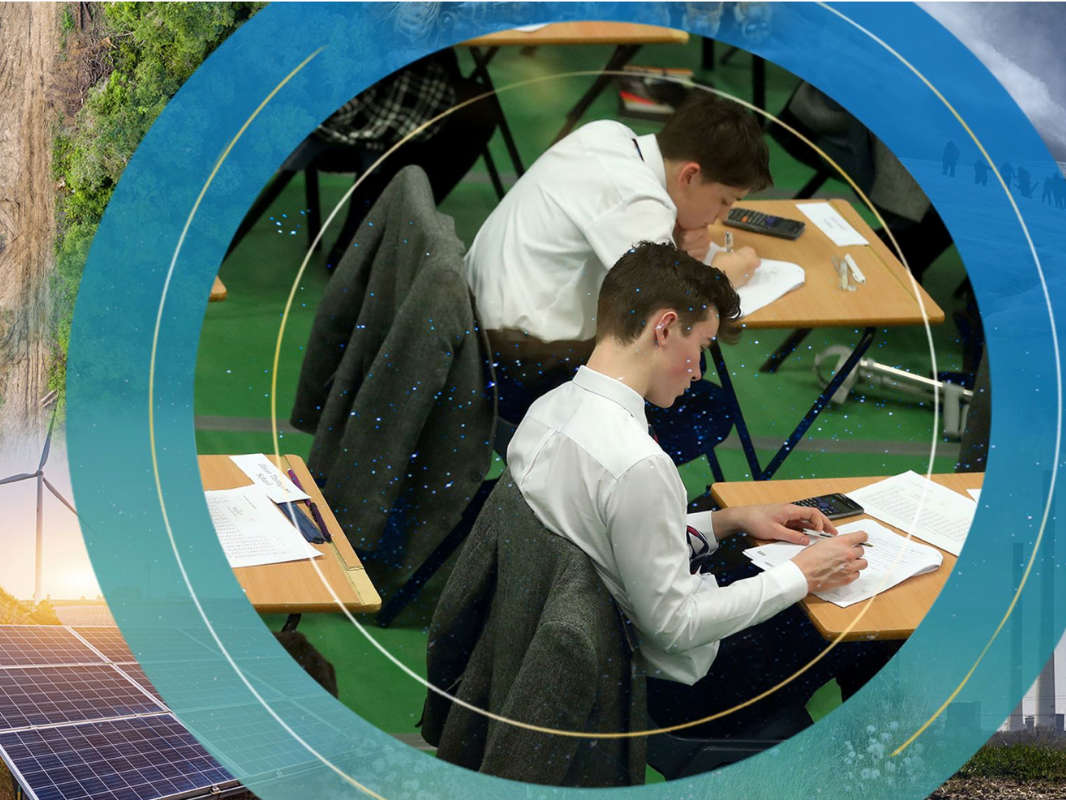
The new natural history GCSE is "critical" to equipping young people with the skills to tackle the climate and nature crises, its supporters have said as details were unveiled.
The course will aim to give young people "a deeper knowledge of the natural world around them", and it will be available to students from 2025.
Education Secretary Nadhim Zahawi, who will formally announce the qualification on Thursday, said: "The new natural history GCSE will offer young people a chance to develop a deeper knowledge and understanding of this amazing planet, its environment and how to conserve it."
It is one of the first new qualifications to be announced since the exam system was reformed in 2017.
Broad outline for course drawn up
The Department for Education says the natural history course would enable students "to explore the world by learning about organisms and environments, environmental and sustainability issues".
The broad outline of the course has been drawn up, but now officials will work with exam boards and Ofqual, the exams regulator, to design a full curriculum.
It is understood that climate change will be a key focus of the course.
A 2021 global survey across 10 countries demonstrated the depth of anxiety many young people are feeling about climate change.
Nearly 60% of young people approached by Bath University said they felt very worried or extremely worried about the environment.
The survey spoke to 10,000 people aged between 16 and 25.
What are students currently taught?
Students already learn about the urbanisation and landscapes in geography and habitats in science.
During COP26, the education secretary said teachers will be supported in delivering climate change education through a new science curriculum in place by 2023.
Climate change is currently on the curriculum and taught in science, citizenship and geography from Key Stage 3 (the beginning of secondary school) onwards.
In primary school (Key Stages 1 and 2) pupils are taught the core concepts - including what the climate is, how it changes, and the difference between manmade and natural environments.
The education secretary will also launch a wider Sustainability and Climate Change Strategy, which will "help young people develop excellent knowledge of STEM and practical opportunities to improve biodiversity and climate resilience".


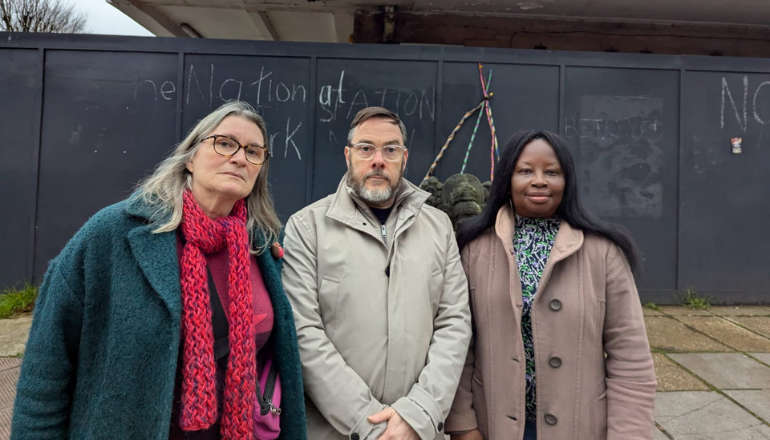 ‘A Kick In The Teeth For Lewes’: Lib Dem MP Expresses Disappointment Over Bus Station Loss
‘A Kick In The Teeth For Lewes’: Lib Dem MP Expresses Disappointment Over Bus Station Loss
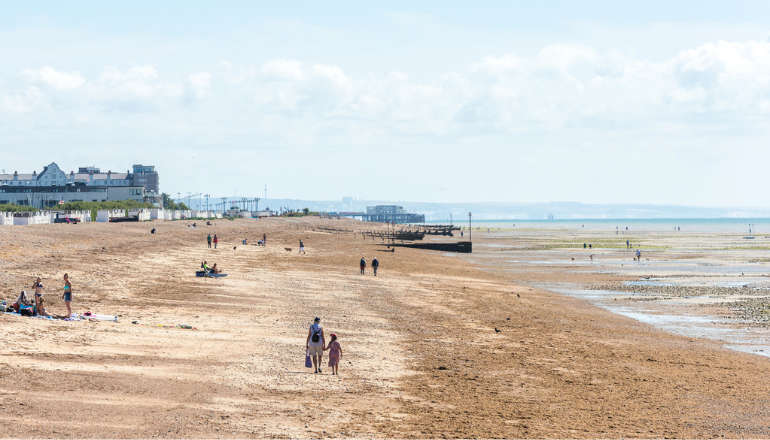 Results For Worthing’s Bathing Water Sites Revealed
Results For Worthing’s Bathing Water Sites Revealed
 £100,000 Robbery Of Bexhill Mobile Phone Store
£100,000 Robbery Of Bexhill Mobile Phone Store
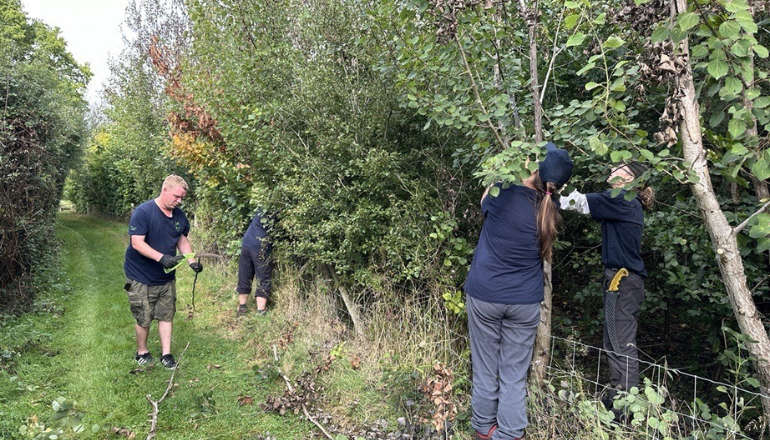 Organisations In Wealden Receive Funding To Help Tackle Inequalities In Physical Activity
Organisations In Wealden Receive Funding To Help Tackle Inequalities In Physical Activity
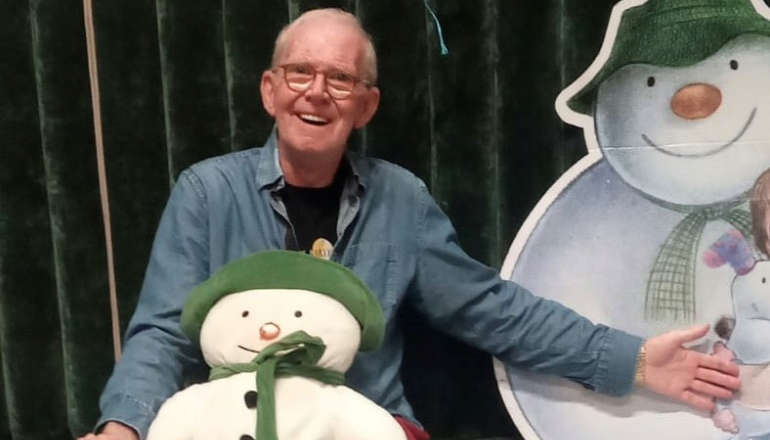 Festive Children’s Stories Brought To Life With Interactive Story Session
Festive Children’s Stories Brought To Life With Interactive Story Session
 Jail Time For Shop Owner Who Sold Illegal Tobacco
Jail Time For Shop Owner Who Sold Illegal Tobacco
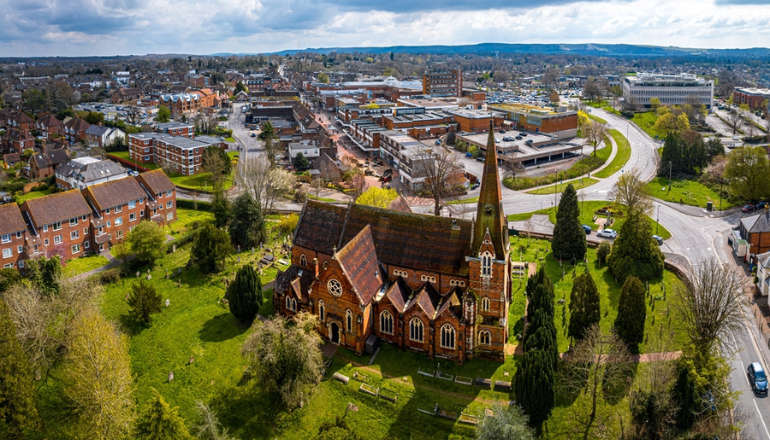 Funding Boost For Community-Led Waste Prevention Projects In West Sussex
Funding Boost For Community-Led Waste Prevention Projects In West Sussex
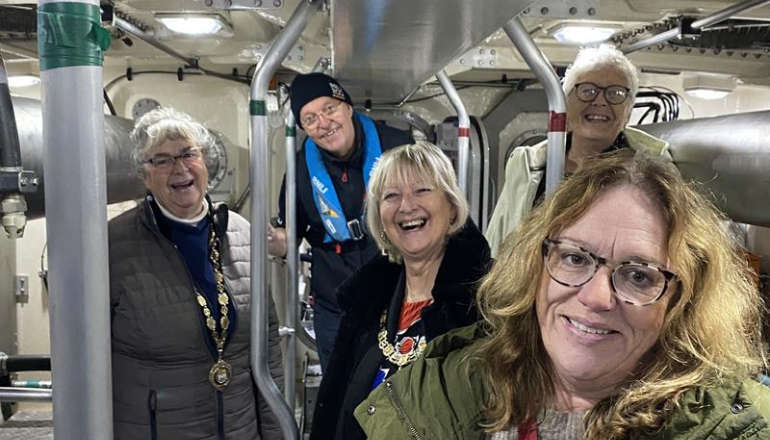 Newhaven RNLI Welcomes Quartet Of Mayors To Share Gratitude
Newhaven RNLI Welcomes Quartet Of Mayors To Share Gratitude
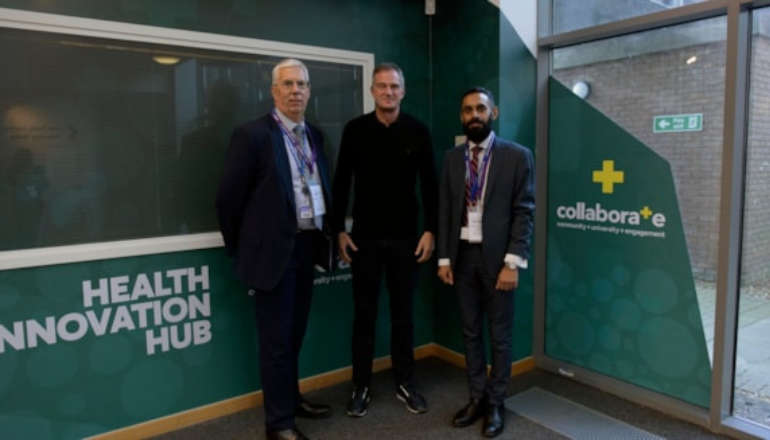 University Of Brighton Launches Health Innovation Hub To Tackle Health Challenges
University Of Brighton Launches Health Innovation Hub To Tackle Health Challenges
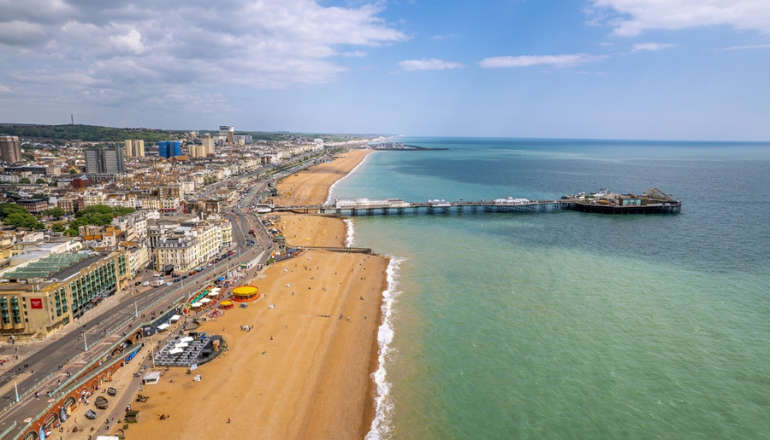 New Residential Care Home For Disabled Children In Brighton
New Residential Care Home For Disabled Children In Brighton